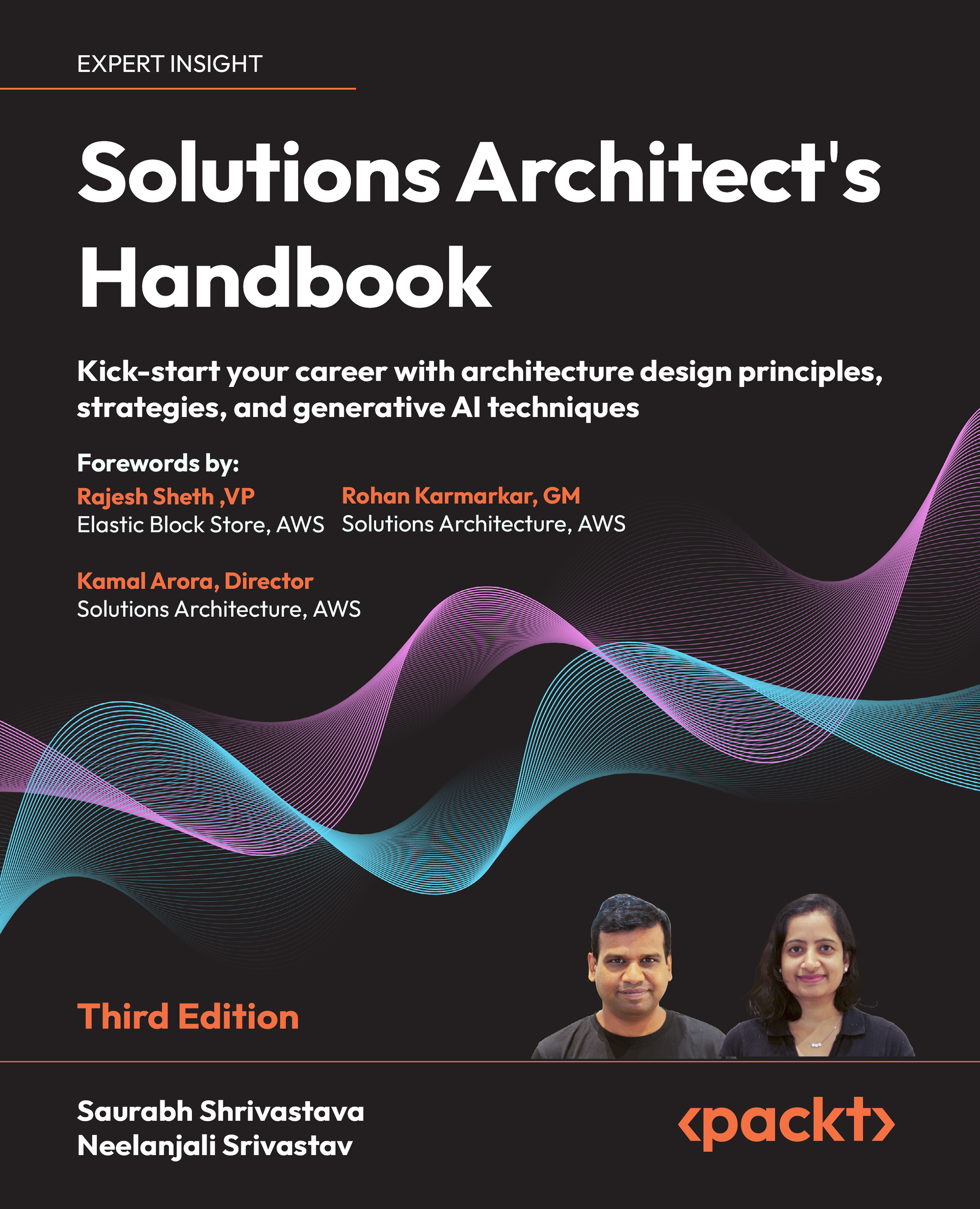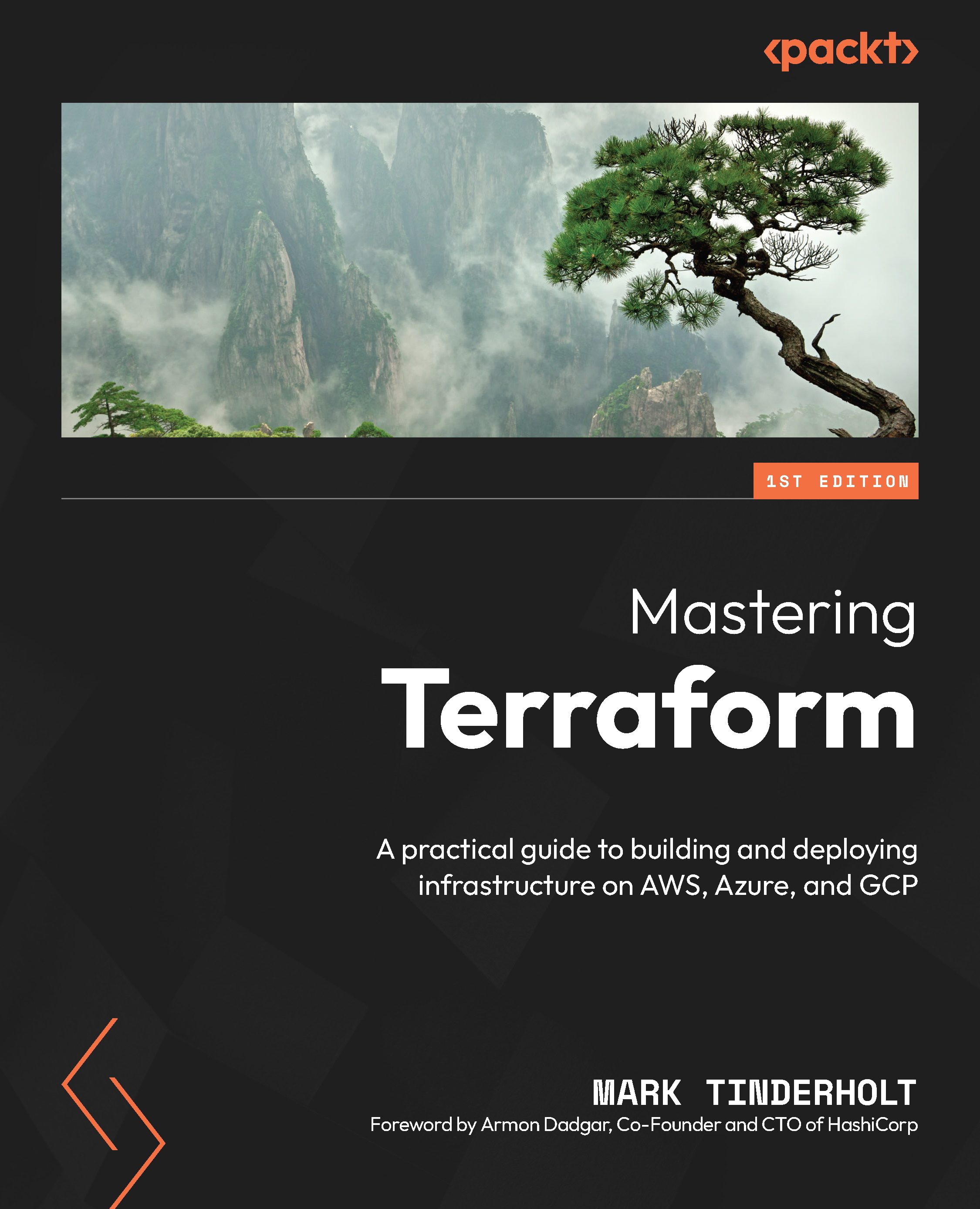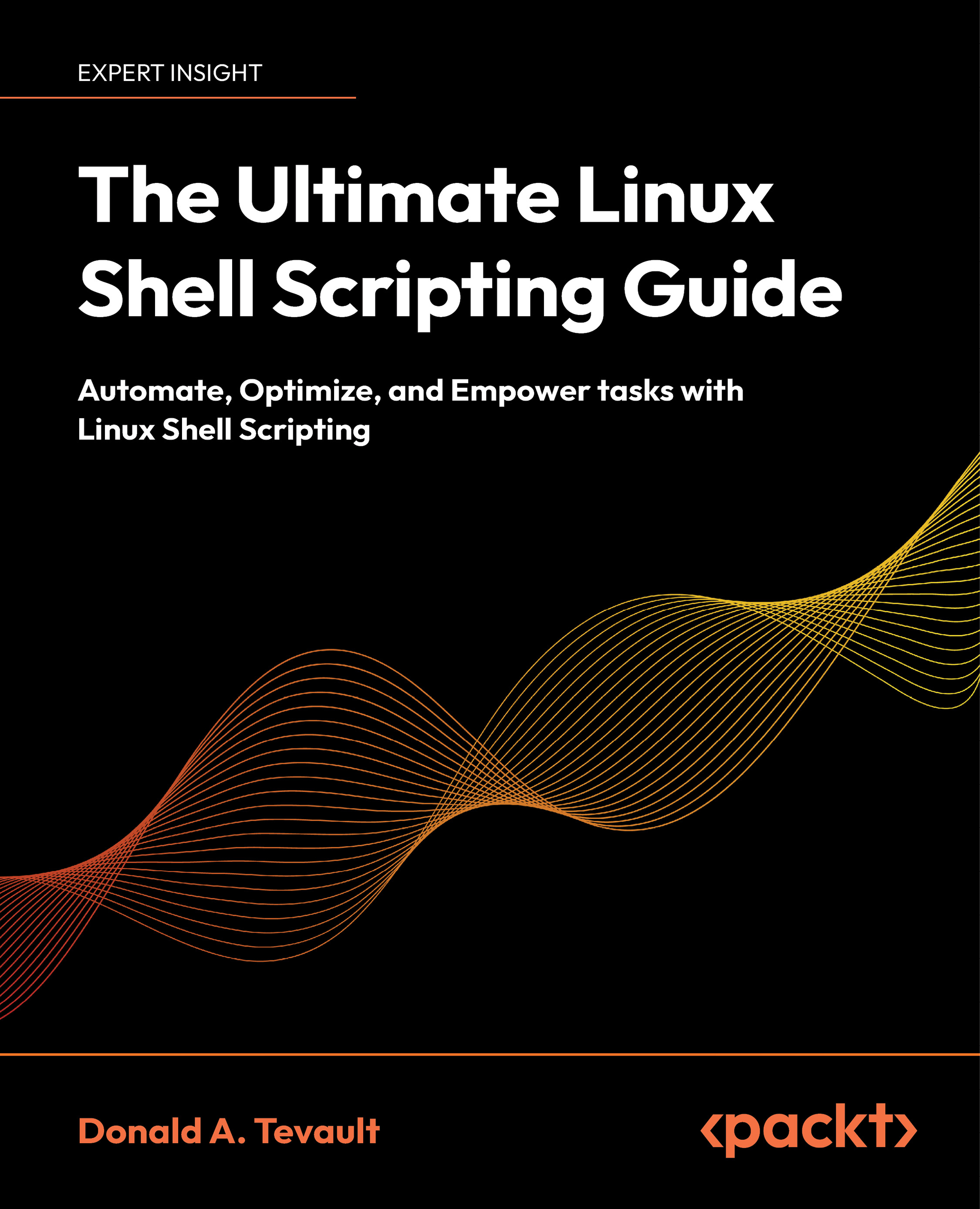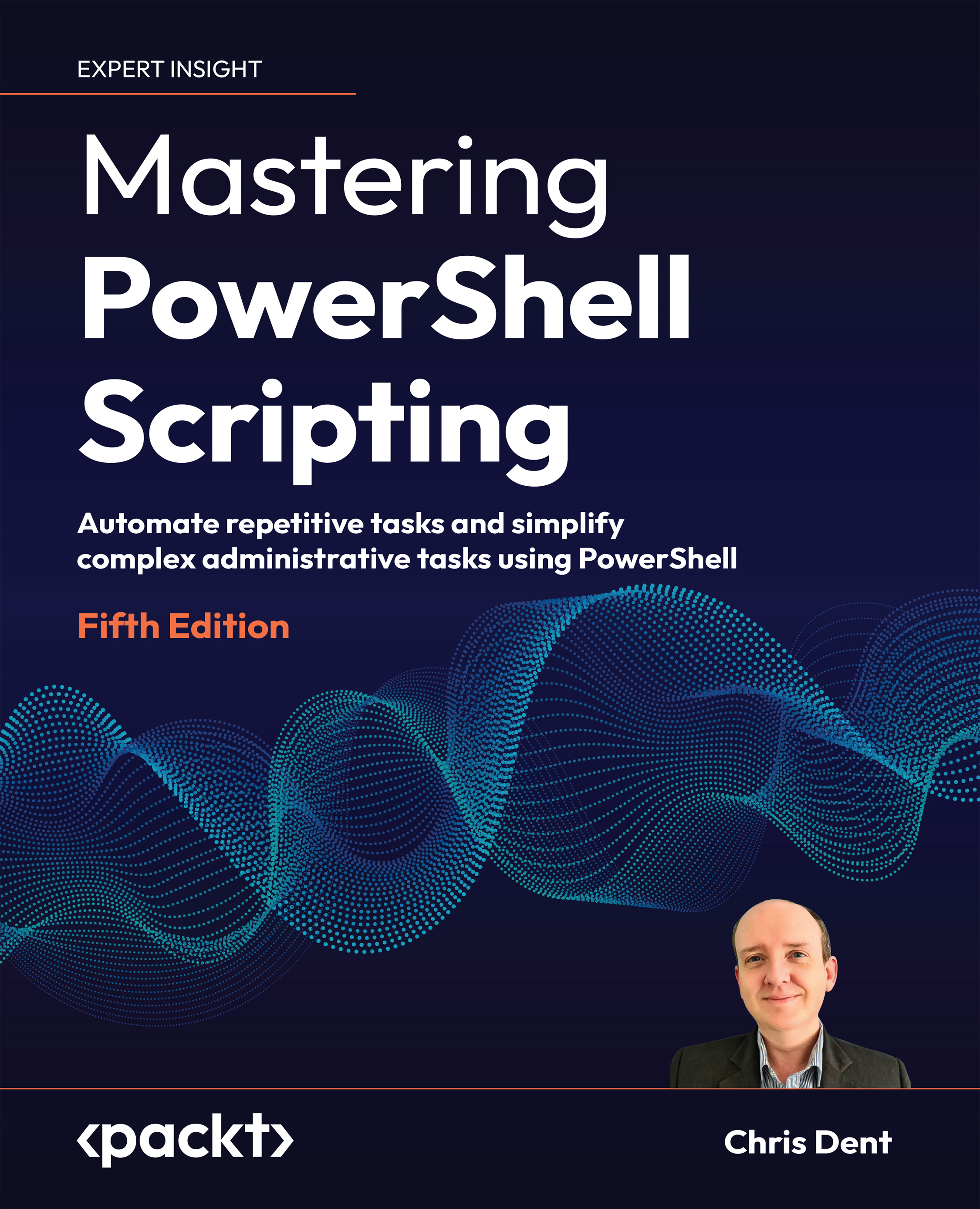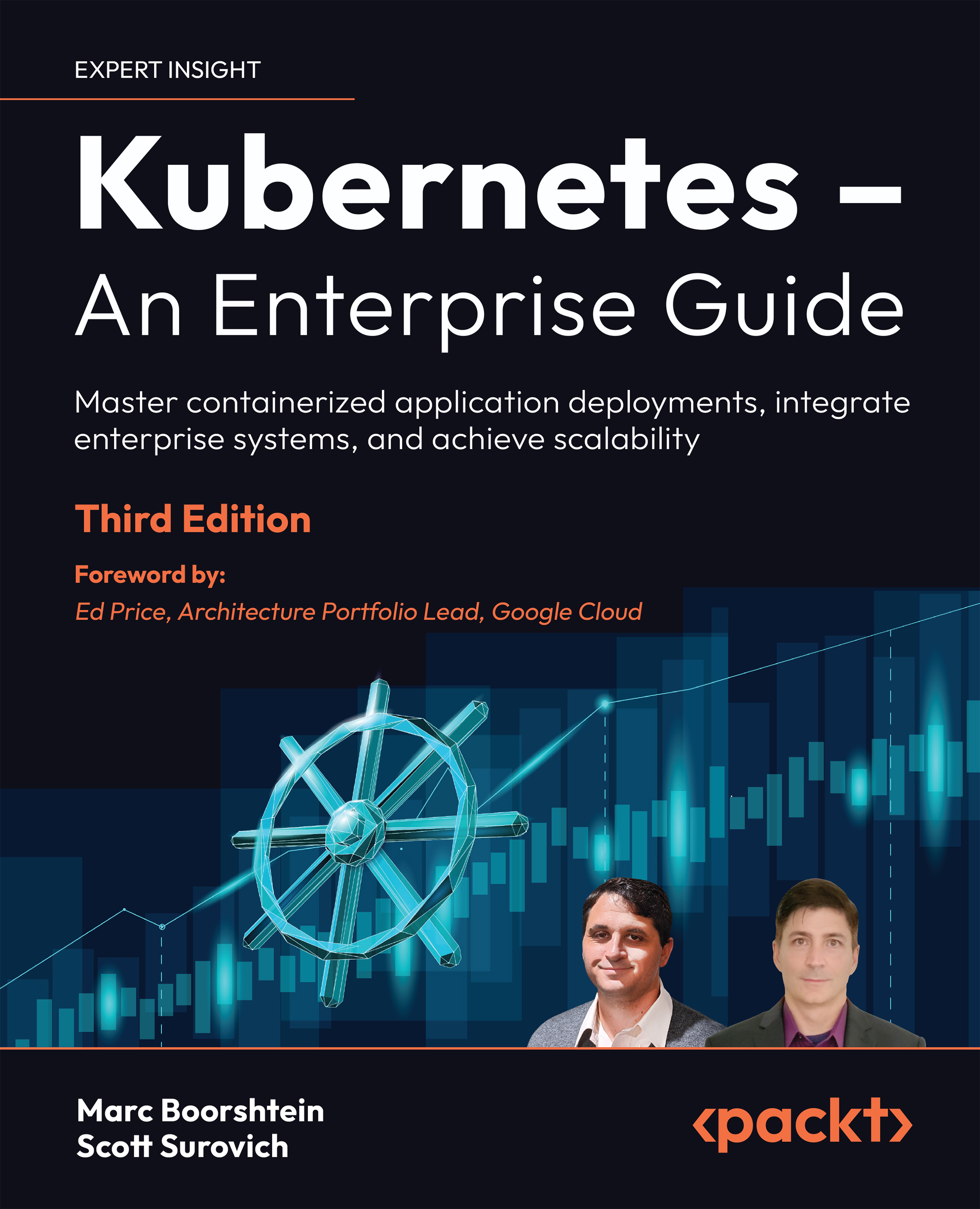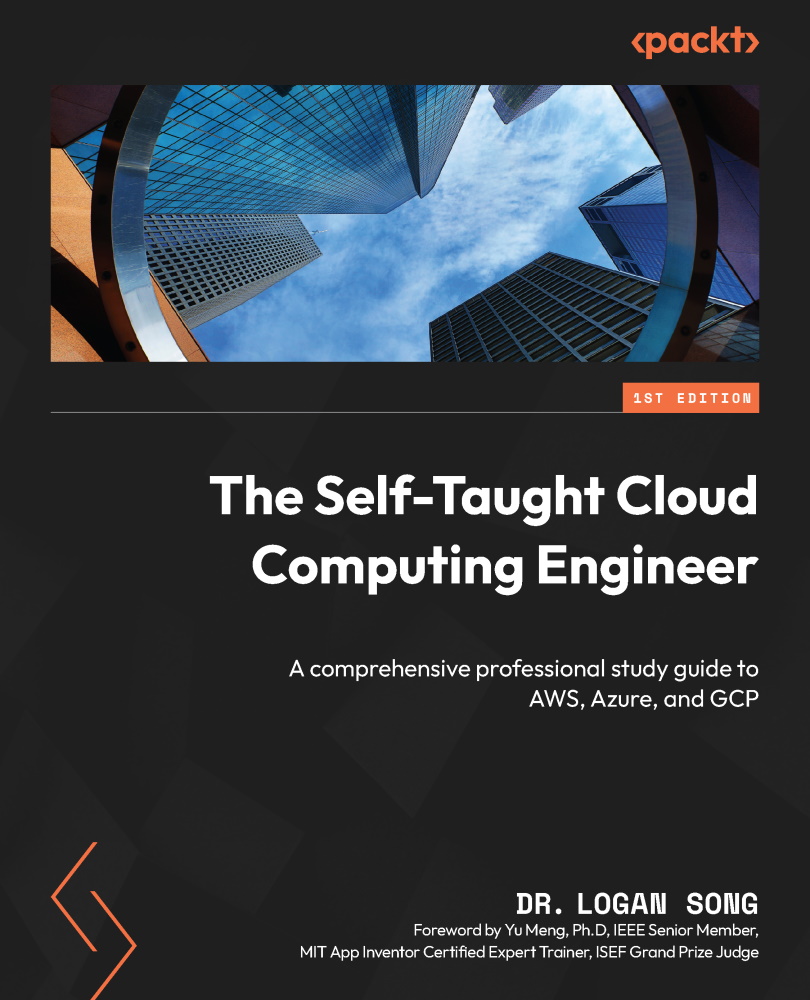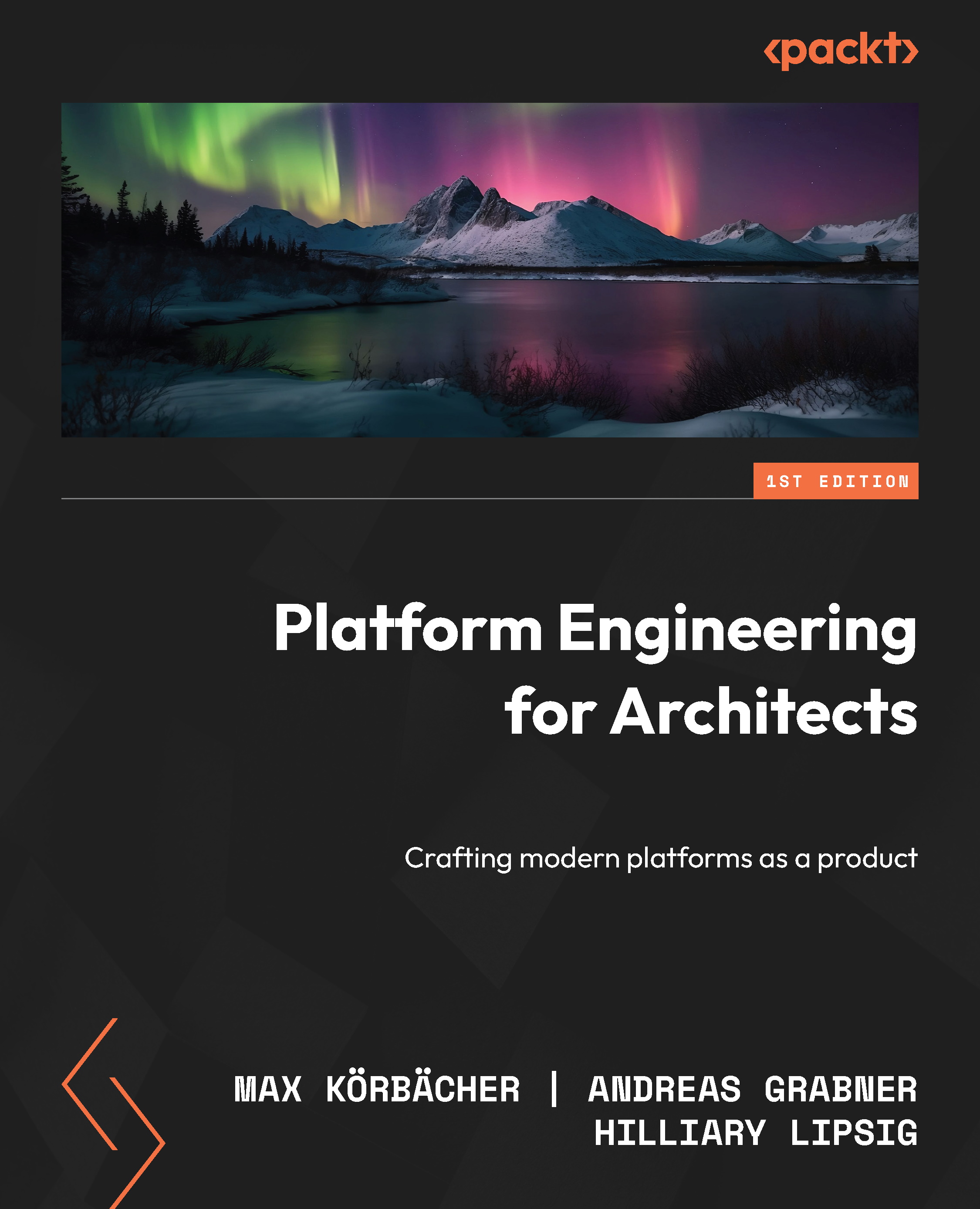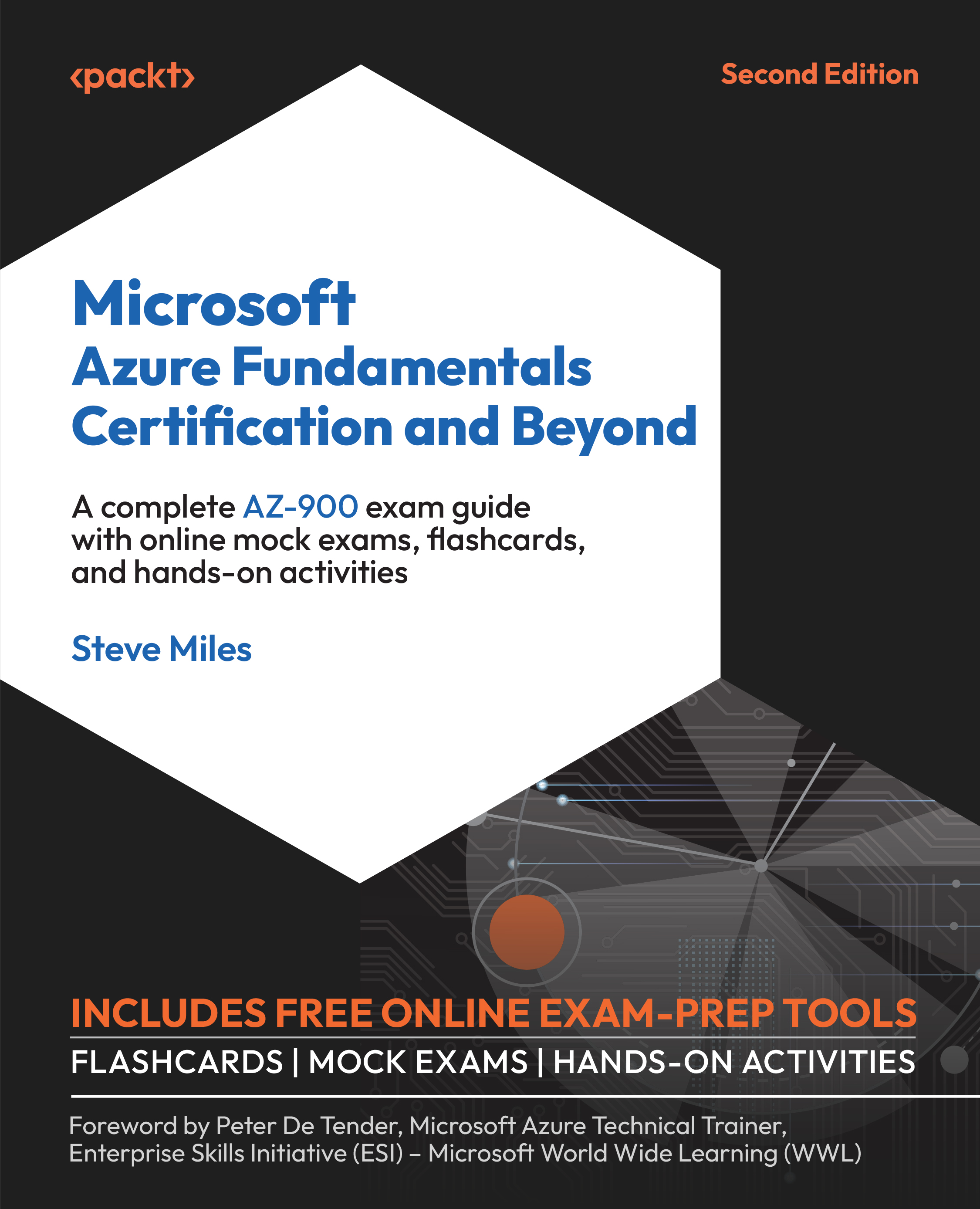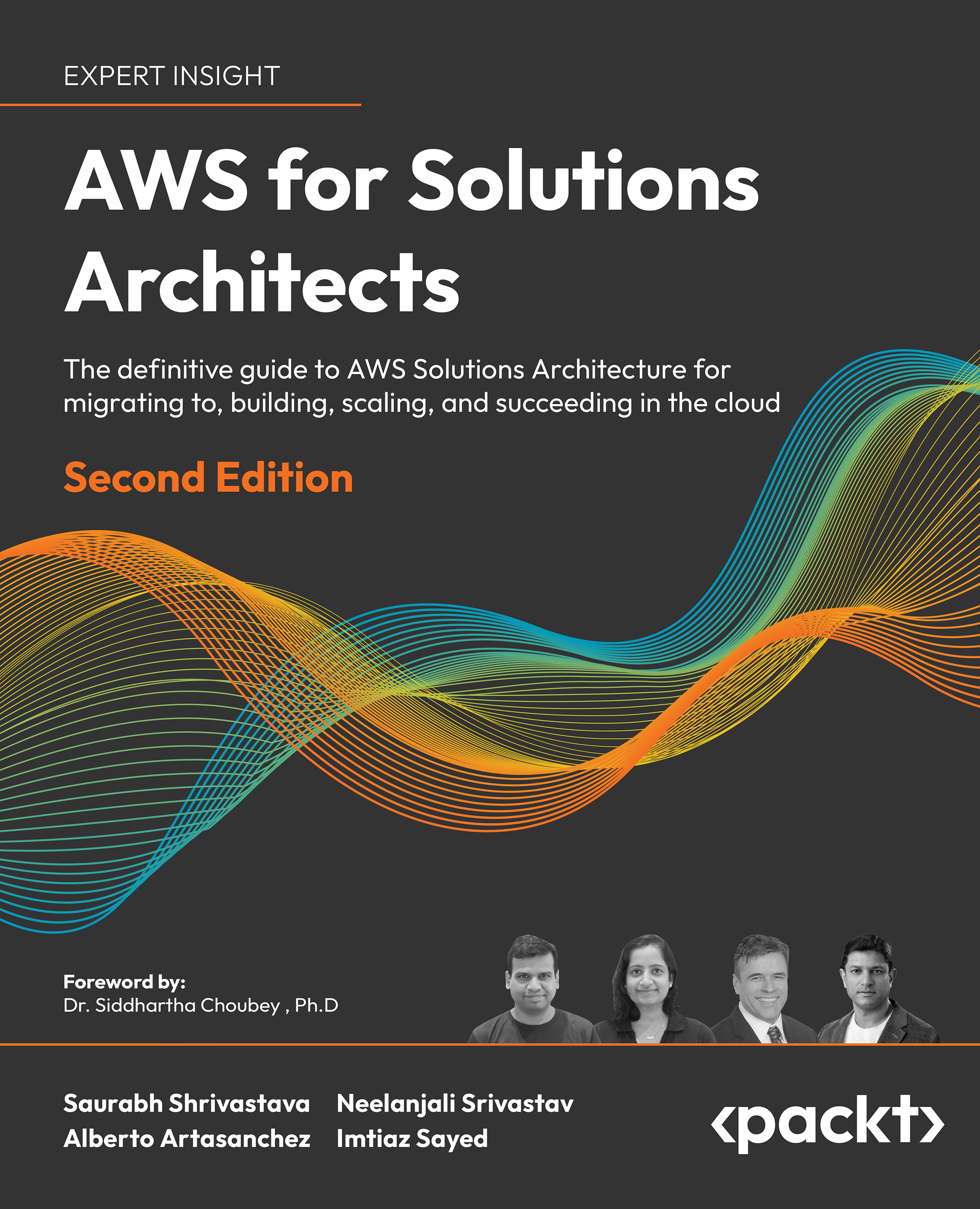Once the installation has completed successfully, use the following steps to verify the installation.
First, verify the Keystone identity service by attempting to get an authorization token. The OpenStack command-line client uses a set of environment variables to authenticate your session. Two configuration files that set those variables will be created by the packstack installation utility.
The keystonerc_admin file can be used to authenticate an administrative user, and the keystonerc_demo file can be used to authenticate a nonprivileged user. An example keystonerc is shown as follows:
export OS_USERNAME=demo export OS_TENANT_NAME=demo
export OS_PASSWORD=<random string>
export OS_AUTH_URL=http://192.168.0.10:5000/v2.0/
export PS1='[\u@\h \W(keystone_demo)]\$ '
This file will be used to populate your command-line session with the necessary environment variables and credentials that will allow you to communicate with the OpenStack APIs that use the Keystone service for authentication.
In order to use the keystonerc file to load your credentials, source the contents into your shell session from the directory you ran the packstack command from. It will provide no output except for a shell prompt change:
Your command prompt will change to remind you that you're using the sourced OpenStack credentials.
In order to load these credentials, the preceding source command must be run every time a user logs in. These credentials are not persistent. If you do not source your credentials before running OpenStack commands, you will most likely get the following error:
You must provide a username through either --os-username or env[OS_USERNAME].
To verify the Keystone service, run the following command to get a Keystone token:
# openstack token issue
The output of this command should be a table similar to the following one:
+-----------+----------------------------------+
| Property | Value |
+-----------+----------------------------------+
| expires | 2015-07-14T05:01:41Z |
| id | a20264cd091847ac965cde8cbba7b0b9 |
| tenant_id | 202bd2fa2a3a40639bb0bccc9a57e37d |
| user_id | 68d90544e0064c4c838d47d80811b895 |
+-----------+----------------------------------+
Next, verify the Glance image service:
# openstack image list
This should output a table listing a single image, the CirrOS image that is installed with the packstack command. We'll use the ID of that glance image to verify the Nova Compute service. Before we do it, we'll verify the Neutron Network service:
This should output a table listing a network available to use for testing. We'll use the ID of that network to verify the Nova Compute service with the following commands:
First, add the root's SSH key to OpenStack as demo.key:
# openstack keypair create --public-key ~/.ssh/id_rsa.pub demo
Now, create an instance named instance01:
# openstack server create --flavor m1.tiny \
--image <image_id> \
--key-name demo \
--nic net-id=<networkid> \
instance01
This command will create the instance and output a table of information about the instance that you've just created. To check the status of the instance as it is provisioned, use the following command:
# openstack server show instance01
When the status becomes ACTIVE, the instance has successfully launched. The key created with the nova keypair-add command (demo.key) can be used to log in to the instance once it's running.
 United States
United States
 Great Britain
Great Britain
 India
India
 Germany
Germany
 France
France
 Canada
Canada
 Russia
Russia
 Spain
Spain
 Brazil
Brazil
 Australia
Australia
 Singapore
Singapore
 Hungary
Hungary
 Ukraine
Ukraine
 Luxembourg
Luxembourg
 Estonia
Estonia
 Lithuania
Lithuania
 South Korea
South Korea
 Turkey
Turkey
 Switzerland
Switzerland
 Colombia
Colombia
 Taiwan
Taiwan
 Chile
Chile
 Norway
Norway
 Ecuador
Ecuador
 Indonesia
Indonesia
 New Zealand
New Zealand
 Cyprus
Cyprus
 Denmark
Denmark
 Finland
Finland
 Poland
Poland
 Malta
Malta
 Czechia
Czechia
 Austria
Austria
 Sweden
Sweden
 Italy
Italy
 Egypt
Egypt
 Belgium
Belgium
 Portugal
Portugal
 Slovenia
Slovenia
 Ireland
Ireland
 Romania
Romania
 Greece
Greece
 Argentina
Argentina
 Netherlands
Netherlands
 Bulgaria
Bulgaria
 Latvia
Latvia
 South Africa
South Africa
 Malaysia
Malaysia
 Japan
Japan
 Slovakia
Slovakia
 Philippines
Philippines
 Mexico
Mexico
 Thailand
Thailand



